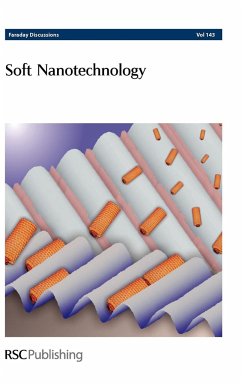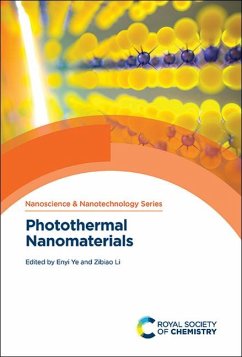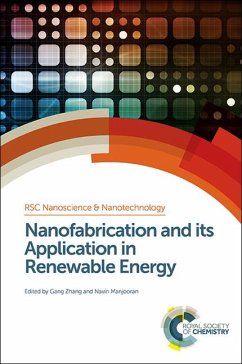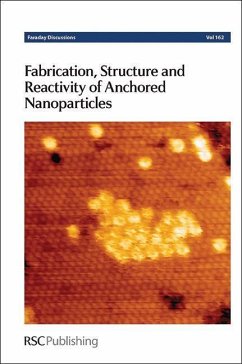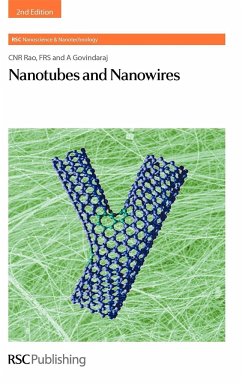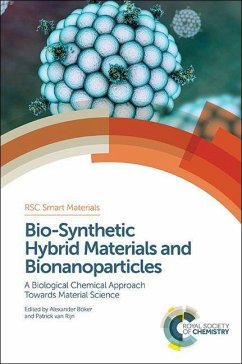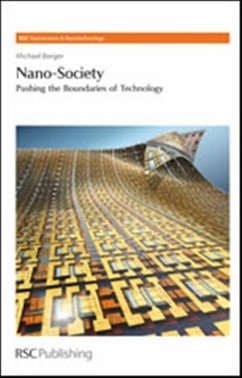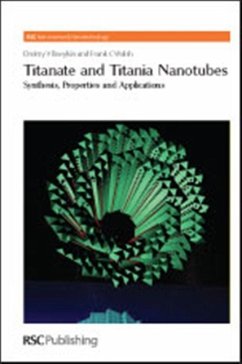Nicht lieferbar
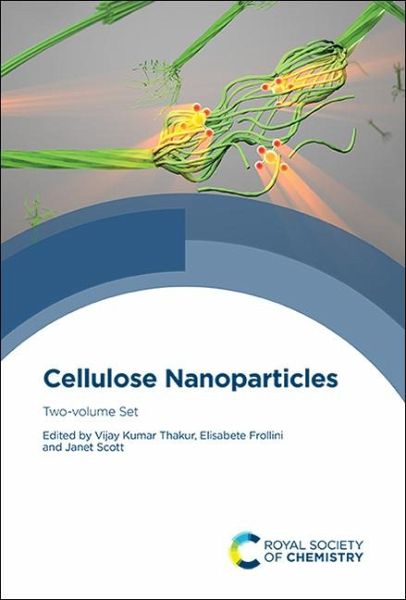
Cellulose Nanoparticles
Two-Volume Set
Herausgeber: Thakur, Vijay Kumar; Scott, Janet; Frollini, Elisabete
Versandkostenfrei!
Nicht lieferbar
Cellulose nanoparticles (CNP) are a class of bio-based nanoscale materials, which are of interest due to their unique structural features and properties such as biocompatibility, biodegradability, and renewability. They are promising candidates for applications including in biomedicine, pharmaceuticals, electronics, barrier films, nanocomposites, membranes, and supercapacitors. New resources, extraction procedures and treatments are currently under development to satisfy increasing demands for cost-effective and sustainable methods of manufacturing new types of cellulose nanoparticle-based mat...
Cellulose nanoparticles (CNP) are a class of bio-based nanoscale materials, which are of interest due to their unique structural features and properties such as biocompatibility, biodegradability, and renewability. They are promising candidates for applications including in biomedicine, pharmaceuticals, electronics, barrier films, nanocomposites, membranes, and supercapacitors. New resources, extraction procedures and treatments are currently under development to satisfy increasing demands for cost-effective and sustainable methods of manufacturing new types of cellulose nanoparticle-based materials on an industrial scale. This two-volume set covers Cellulose Nanoparticles: Chemistry and Fundamentals and Cellulose Nanoparticles: Synthesis and Manufacturing. Written by an international collection of contributors in the field, these books form a useful reference work for graduate students and researchers in chemistry, materials science, nanoscience and green nanotechnology.




